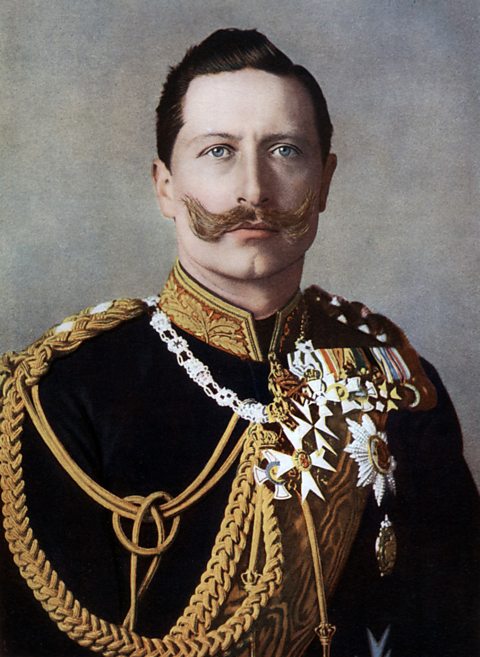More guides on this topic
- Weimar Germany overview - AQA
- Weimar Germany, 1918-1924 - AQA
- QUIZ: Germany and the growth of democracy
- Weimar recovery and Stresemann, 1924-1929 - AQA
- Hitler into power, 1929-1934 - AQA
- QUIZ: Germany and the depression
- Life in Nazi Germany, 1933-1939 - AQA
- QUIZ: Experience under the Nazis
- World War Two and Germany, 1939-1945 - AQA
- Weimar Germany - exam preparation - AQA
